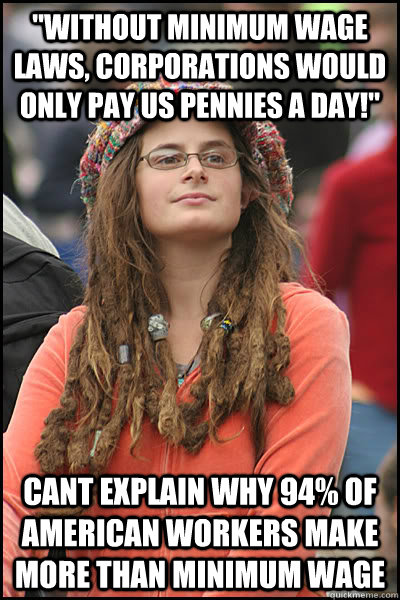http://www.nytimes.com/2012/03/13/t...ates-a-stir-in-austin.html?src=me&ref=general
Wow, $20 a day isn't enough to afford a home. I wonder how much donations they get.
AUSTIN, Tex. — Which product at this year’s South by Southwest technology conference received more attention than perhaps any other?
Homeless people as wireless transmitters.
Regulars at the Austin Resource Center for the homeless waiting for services. BBH Labs employed homeless people at the South by Southwest conference.
A marketing agency touched off a wave of criticism and debate when it hired members of the local homeless population to walk around carrying mobile Wi-Fi devices, offering conferencegoers Internet access in exchange for donations.
BBH Labs, the innovation unit of the international marketing agency BBH, outfitted 13 volunteers from a homeless shelter with the devices, business cards and T-shirts bearing their names: “I’m Clarence, a 4G Hotspot.” They were told to go to the most densely packed areas of the conference, which has become a magnet for those who want to chase the latest in technology trends.
The smartphone-toting, social-networking crowds often overwhelm cellular networks in the area, creating a market that BBH Labs hoped to serve with the “Homeless Hotspots” project, which it called a “charitable experiment.” It paid each participant $20 a day, and they were also able to keep whatever customers donated in exchange for the wireless service.
But as word of the project spread on the ground and online, it hit a nerve among many who said that turning down-and-out people into wireless towers was exploitative and discomfiting.
Tim Carmody, a blogger at Wired, described the project as “completely problematic” and sounding like “something out of a darkly satirical science-fiction dystopia.”
A commenter on the BBH Labs blog offered mock praise for the project, then complained that “my homeless hotspot keeps wandering out of range, and it’s ruining all my day trades!”
On Monday, the project’s scheduled last day, BBH Labs was scrambling to explain itself.
Saneel Radia, the director of innovation at BBH Labs who oversaw the project, said the company was not taking advantage of the homeless volunteers. He said that the company had had success with other such experiments, including one in which it gave homeless people in New York cellphones and Twitter accounts as a way to call attention to their plight.
Mr. Radia said he modeled the hot spot project after the street newspapers that homeless people sell for a dollar.
“We saw it as a means to raise awareness by giving homeless people a way to engage with mainstream society and talk to people,” he said. “The hot spot is a way for them to tell their story.”
Mitchell Gibbs, the director of development at Front Steps, the shelter that houses the project volunteers, said he advised Mr. Radia on how best to set up the program. He said he was surprised by all the criticism of the project, which he said had inspired an “entrepreneurial spirit” among its homeless participants.
“It’s an employment opportunity, regardless of who is offering it,” Mr. Gibbs said.
The human hot spots seemed unconcerned as well. One volunteer, Clarence Jones, 54, said he was originally from New Orleans and became homeless in the aftermath of Hurricane Katrina.
“Everyone thinks I’m getting the rough end of the stick, but I don’t feel that,” Mr. Jones said. “I love talking to people and it’s a job. An honest day of work and pay.”
But the program’s critics zeroed in on the divide between its impoverished vendors and Internet-bubble customers.
Adam Hanft, chief executive of the marketing advisory firm Hanft Projects, said that even if the effort was well intended, it seemed to turn a blind eye to that disconnect. “There is already a sense that the Internet community has become so absurdly self-involved that they don’t think there’s any world outside of theirs,” he said.
Wow, $20 a day isn't enough to afford a home. I wonder how much donations they get.

